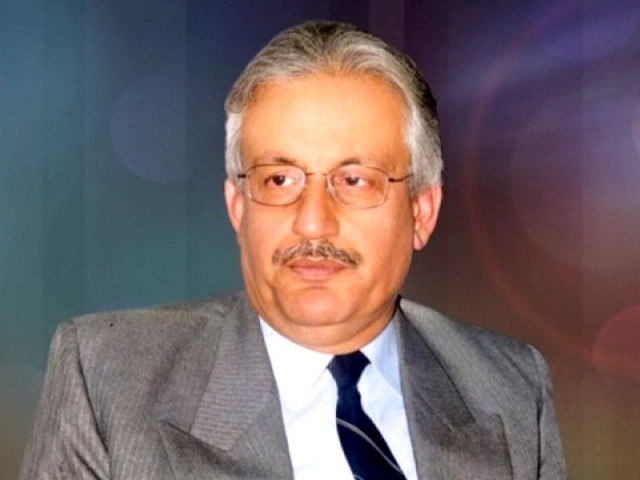For justice and transparency: Proposals unveiled to tackle missing persons cases
PCNS recommends security and intelligence agencies work under supervisory committee of parliament.

Proposal for the draft recommendations on missing persons and enforced disappearances was approved by a committee headed by Senator Raza Rabbani.
Whenever an individual goes missing in Pakistan, the finger of suspicion is randomly and routinely pointed at intelligence and security agencies.
It is perhaps with this understanding that the Parliamentary Committee on National Security (PCNS) on Tuesday provided 15 recommendations pertaining to cases of missing persons in the country.
This includes that intelligence and security agencies work under a supervisory committee of parliament.
The proposal for the draft recommendations on missing persons and enforced disappearances was approved by a committee headed by Senator Raza Rabbani.
“The recommendations have been approved unanimously by the representatives of all political parties,” Rabbani said after the meeting.
The committee, according to Rabbani, will provide its input on how to deal with terrorism in the country.
The sticking point, however, is that the government has thus far not implemented its previous recommendations.
In case any officer of a law enforcement, security or intelligence agency is found guilty of detaining any person in contravention of the law or the constitution, the committee recommended that the institution or authority under which he operates proceed against him in a summary manner in accordance with the law.
The committee recommended the constitution of special benches for the quick disposal of cases of enforced disappearances, adding that the chief justices of the Supreme Court and high courts should form these special benches in their respective courts to hear the cases.
The proposal also suggests that the arrest and detention of any citizen should be in strict accordance with Article 10 of the Constitution, which addresses fundamental rights, including safeguards pertaining to arrests and detention.
It was also recommended that fundamental rights, as envisaged by the Constitution be enforced, adding that parliament and judiciary should play a proactive role in this regard.

The committee further recommended that the government formulate and implement appropriate policies and programmes for the rehabilitation of released missing persons and their dependant family members.
In order to bring an end to the mystery involved in a person’s arrest and subsequent “missing” status, the committee asked the government to maintain a record of all detainees. Additionally, it was proposed that all arrests and detentions be registered within 24 hours.
The 15-points proposal also lists individual’s rights as a key issue. It says that a person arrested under the Anti-Terrorism Act (ATA) shall be informed of the case(s) registered or pending against him within 24 hours of his arrest. If he is released on bail or otherwise, he should be treated strictly in accordance with the law, and not be re-arrested except on the commission of another offence or fresh grounds.
The committee also recommended that all training institutions for the armed forces, intelligence agencies and police include the Constitution and the Universal Declaration of Human Rights in their respective training modules.
It was also recommended that the government announce prison reforms, as recommended by the Senate Functional Committee on Human Rights, and train police personnel through special workshops in order to educate them on human rights.
Published in The Express Tribune, January 9th, 2013.



















COMMENTS
Comments are moderated and generally will be posted if they are on-topic and not abusive.
For more information, please see our Comments FAQ